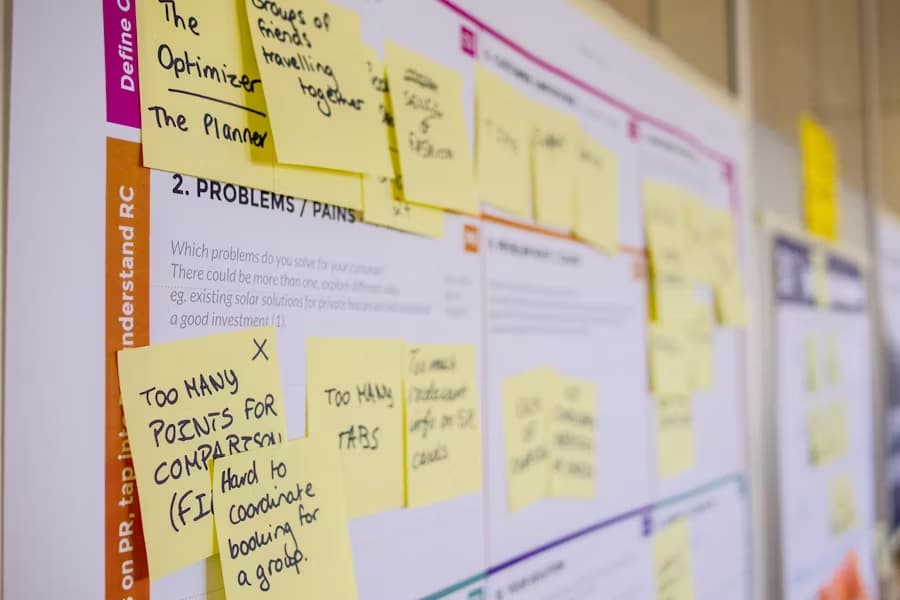Navigating high school requires more than just academic prowess—it demands a crucial skill: effective time management. Juggling classes, activities, and personal life can be overwhelming, making these tailored activities essential for success. Let’s explore practical strategies to enhance time management skills, ensuring a smoother high school journey.
Why Time Management Matters for High School Students
In the intricate tapestry of high school life, mastering time management is the key to balancing academic demands, extracurricular activities, and a social life. Let’s delve into why this skill is indispensable for high school students.
Academic Success
Time management empowers students to dedicate specific periods to studying, completing assignments, and preparing for exams. Organizing study schedules and breaking down tasks enhance subject understanding, leading to improved academic performance.
Reduced Stress
Efficient time management prevents last-minute cramming, reducing stress levels. Planning ahead and allocating sufficient time for each task instill a sense of control, allowing students to stay ahead of their workload.
Increased Productivity
Effective time management enables students to maximize productivity by setting goals, prioritizing tasks, and eliminating distractions. This focused approach results in heightened efficiency and accomplishment.
Development of Essential Skills
Beyond high school, time management cultivates valuable skills such as discipline, organization, and self-motivation. These skills are not only applicable in academic settings but are essential for success in college, careers, and personal life.
Work-Life Balance
By wisely managing their time, students can strike a balance between academics, extracurricular activities, social life, and personal pursuits. This balance contributes to a well-rounded high school experience while maintaining physical and mental well-being.
Enhancing Organizational Skills: Targeted Activities
Assist students in creating personalized plans that encompass dedicated study time, breaks, and extracurricular activities. Personal plans enhance time management, allowing effective allocation of study and leisure time.
Utilize Innovative Notebooks or Planners
Encourage students to leverage digital or innovative notebooks and planners to record important tasks and deadlines. This modern approach aids in maintaining a clear overview of assignments, fostering focus, and preventing task oversights.
Formulate Clear and Concise Task Lists
Guide students in creating task lists that are clear and concise, prioritizing tasks based on importance. This approach minimizes confusion, enhances organizational skills, and boosts overall efficiency.
Deconstruct Large Projects
Teach students how to break down substantial projects into smaller, manageable parts. Establishing detailed steps and timelines provides clarity, reduces stress associated with large tasks, and ensures a sense of ongoing progress.
Strategic Planning: Activities to Elevate Planning Skills
Introduce students to the effective practice of time blocking, allocating dedicated time blocks for specific tasks or activities. By strategically planning study sessions, breaks, and leisure activities, students enhance productivity and maintain focus.
Establish Realistic Deadlines
Guide students in setting realistic deadlines and due dates. This skill empowers them to assess task complexity and time requirements accurately, promoting efficient task completion and reducing procrastination.
Leverage Calendars and Reminder Apps
Encourage the use of calendars or reminder apps to track essential events and tasks. Marking exam dates, assignment deadlines, and activity schedules aids in staying organized and ensuring students don’t miss crucial events.
Regularly Review and Adjust Plans
Instill the habit of regularly reviewing and adjusting plans to accommodate changing priorities. This adaptive approach allows students to assess their progress, identify areas for improvement, and make necessary adjustments for optimal time management.
Building Communication Bridges
Activities for High Schoolers:
- Immerse in Debate Competitions: Inspire students to participate in debate competitions to hone their oral communication and persuasion skills. Engaging in structured debates refines their ability to articulate thoughts clearly and respond persuasively;
- Dive into Drama or Acting Classes: Encourage enrollment in drama or acting classes to enhance body language and presentation skills. By portraying diverse characters and scenarios, students develop effective communication techniques and boost confidence;
- Explore Diverse Literary Genres: Stimulate a love for diverse literature to expand vocabulary and comprehension skills. Reading and analyzing various literary genres expose students to different writing styles, improving language sensitivity and communication proficiency.
Collaborate on Group Projects
Assign collaborative group projects that require teamwork and effective communication. Through collaborative efforts, students learn to coordinate, communicate, delegate tasks, and achieve shared goals — valuable skills for future work environments.
Cultivate Active Listening
Guide students in developing active listening skills, emphasizing the importance of attention, clarifying questions, and demonstrating empathy. Mastering active listening enhances understanding, facilitates effective communication, and nurtures stronger interpersonal relationships.
Fostering Ambition: Self-Motivation and Goal Setting Activities
Promote self-reflection activities where students assess their strengths, weaknesses, and areas for improvement. This self-awareness aids in setting meaningful goals and developing strategies for accomplishment, fostering self-motivation and personal growth.
Offer Autonomy Through Choices
Provide students with choices within assignments to promote autonomy and personal investment. Allowing them to select topics, approaches, or presentation methods instills a sense of ownership, increasing motivation and engagement.
Celebrate Achievements and Milestones
Recognize and celebrate students’ milestones and achievements to reinforce self-motivation and goal-setting behaviors. Acknowledging their progress, effort, and accomplishments boosts confidence, encourages ongoing growth, and sustains motivation for future endeavors.
Instill a Growth Mindset
Promote the concept of a growth mindset, emphasizing that dedication and effort can develop abilities and intelligence. Cultivating this belief in their potential for growth makes students more resilient, motivated, and committed to setting and achieving challenging goals.
Provide Constructive Feedback
Offer constructive and specific feedback, highlighting strengths and areas for improvement. Effective feedback helps students understand their progress, identify opportunities for skill enhancement, and maintains motivation in pursuing goals.
Conclusion
As we conclude our exploration of time management activities, it’s evident that these strategies are not just about meeting deadlines; they’re tools for a balanced and successful high school experience.
By incorporating these activities into daily routines, students can unlock potential, reduce stress, and build essential life skills. Embrace these practices, and witness the positive impact they bring to your high school years and beyond.



